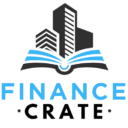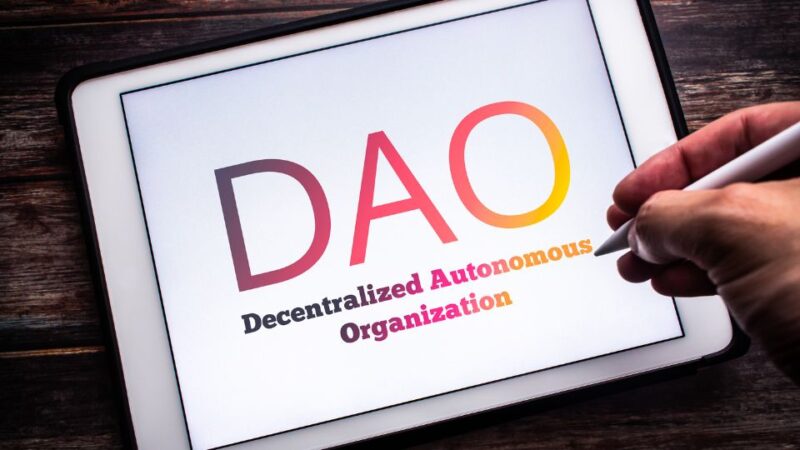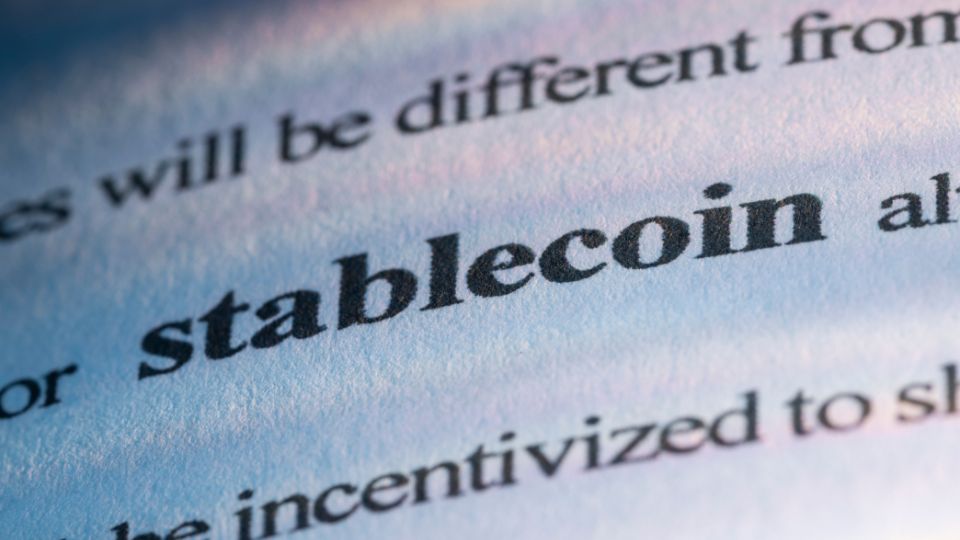Decentralized Autonomous Organizations (DAOs) have emerged as a novel experiment, holding the promise of transforming organizational structures and governance. Built on blockchain technology, DAOs aim to decentralize decision-making, reduce reliance on traditional hierarchies, and foster greater community involvement. Yet, despite the hype, many DAOs are struggling to function as marketed. The concept of a fully decentralized and autonomous organization, while appealing, faces significant challenges in real-world applications.
What are DAOs?
At their core, DAOs are blockchain-based entities where decision-making is distributed among token holders rather than centralized in the hands of executives or a board. Through smart contracts, DAOs can function without human intermediaries, theoretically enabling transparent, community-driven governance.
The key innovation of DAOs is their potential to shift power away from central authorities, allowing communities to make collective decisions through a democratic process. Proponents believe DAOs can reshape not just businesses but also social causes and governmental structures, potentially resolving issues such as income inequality and environmental damage by aligning the interests of the many rather than the few.
However, while the concepts and technologies are revolutionary, the reality of DAOs has been far more complicated and, in many cases, disappointing.
An Anecdotal Contrast in Organizational Decision-Making
One of the core criticisms of DAOs is that they often replicate the very systems they seek to replace. Many DAOs suffer from what has been termed “decentralization theater”—the appearance of decentralization without substance. Despite the rhetoric, control in many DAOs remains concentrated among a small number of token holders, particularly those with significant capital investments. Similarly, in traditional corporations, centralized decisions are typically made by senior management.
For example, when I led a division in a real estate finance company, most strategic decisions fell to me. However, when I sought input from my staff on key decisions, it often led to more complexity. Some staff members wanted to move in directions that others disagreed with, creating friction between groups. In hindsight, it would have been easier for me, as the central leader, to make the final call, allowing the organization to move forward without giving ‘voting rights’ to a large, diverse group with conflicting interests.

This situation mirrors what we see in DAOs, where, despite the appearance of collective decision-making, control often remains concentrated. A study by Chainalysis revealed that 1% of token holders often control up to 90% of voting power in DAOs. This disproportionate influence leads to voter apathy among smaller stakeholders, who feel that their votes carry little weight. As a result, decisions in these supposedly decentralized organizations are often made by a few powerful entities, undermining the fundamental principle of distributed governance.
Governance and Participation Challenges
Another significant issue facing DAOs is governance inefficiency. While DAOs were designed to facilitate streamlined decision-making, they often encounter the opposite. The complex processes of proposal submission, discussion, and voting, which span multiple platforms (e.g., Discord, forums, on-chain voting), can be overwhelming for participants.
Moreover, voter apathy extends beyond smaller stakeholders. Even delegates, who are entrusted with voting on behalf of larger groups, frequently fail to participate. A study from Karma, a DAO governance tool, found that over 50% of delegates in major DAOs have not cast a single vote.
This disengagement creates bottlenecks in decision-making, leaving many DAOs unable to implement changes swiftly or effectively. The lack of proper incentivization for participation further exacerbates the problem. Without adequate rewards for thoughtful participation, many token holders either abstain from voting or vote solely to qualify for rewards, often without considering the implications of their choices.
Financial Vulnerabilities and Treasury Mismanagement
Another significant hurdle for DAOs is treasury management. With billions of dollars locked in DAO treasuries, competition for funds can be fierce, leading to squabbles and even exploitation. For example, the forking of Nouns DAO allowed disgruntled members to exit with a significant share of the treasury, prompting accusations of arbitrage exploitation.
Additionally, DAOs are vulnerable to governance attacks, where bad actors exploit the decentralized structure to drain funds or manipulate decisions for personal gain. These attacks highlight a critical flaw: while decentralization can enhance transparency and autonomy, it also opens the door to significant security risks.
The Need for Structural Reform
Despite these challenges, the potential of DAOs remains undeniable. The key to unlocking this potential lies in reforming the existing structures to better align with the ideals of decentralization and community governance.
Innovative solutions are emerging to address these issues. For instance, nonlinear voting mechanisms such as quadratic voting can help distribute voting power more equitably by diminishing the influence of large token holders. Similarly, platforms like DeXe DAO Studio are experimenting with new reward systems for delegates and token holders to boost engagement and ensure a more balanced governance process.
Moreover, the introduction of tools like DAOmeter, which assesses the decentralization maturity of DAOs, is helping communities better understand their governance weaknesses and implement corrective measures.
Related: Market Makers in Digital Currency: Who They Are and What They Do?
The Road Forward for DAOs
DAOs hold great promise as a new organizational model that prioritizes transparency, autonomy, and community involvement. However, their current implementation has fallen short of expectations. Issues such as centralization, voter apathy, governance inefficiency, and treasury mismanagement continue to plague the ecosystem.
The road to fully functioning DAOs will require significant structural reforms, including better tokenomics, improved governance tools, and stronger incentives for participation. While the dream of decentralized, community-driven organizations is still alive, realizing it will require overcoming the challenges that have turned DAOs into something more akin to a mirage than a functioning reality.





